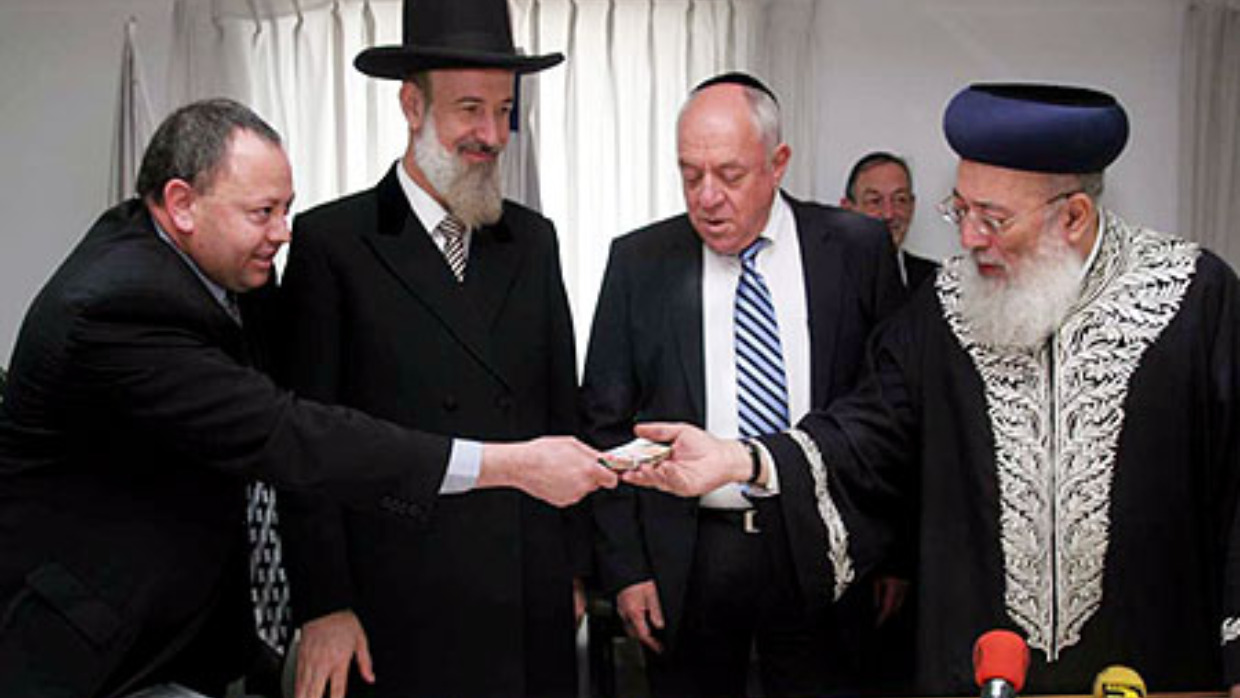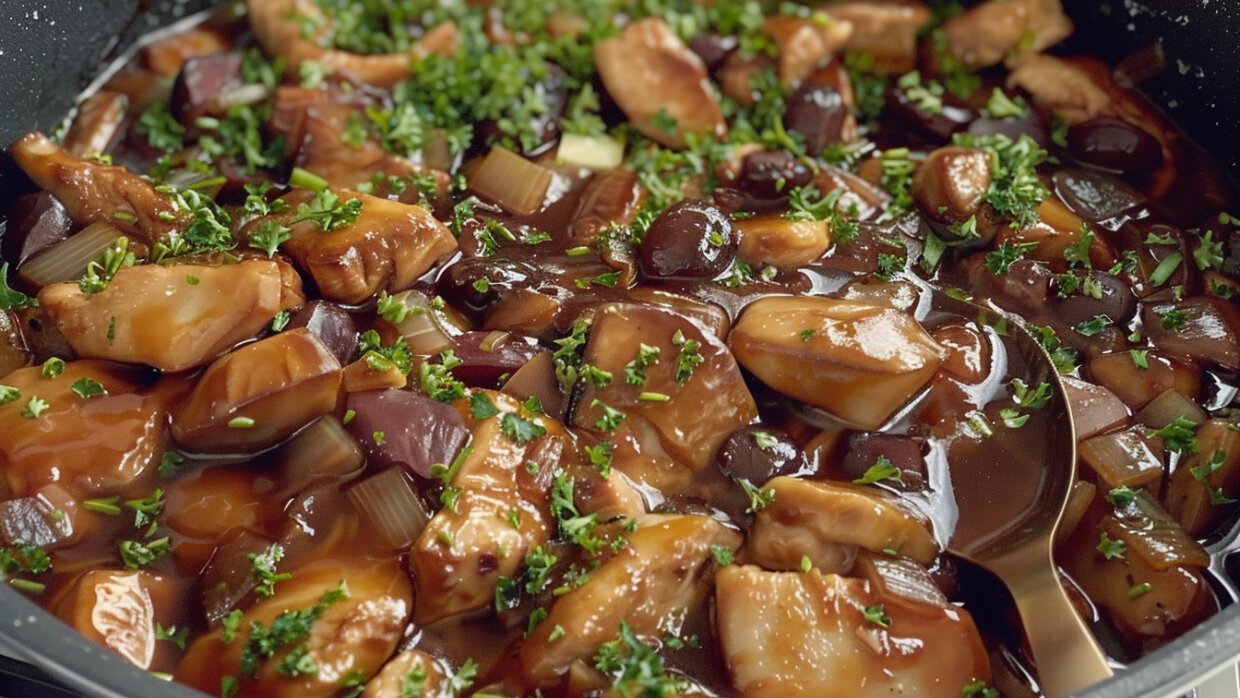For the uninitiated, in the weeks preceding Passover, Jewish homes around the world turn into well-oiled spring-cleaning machines. Working round the clock to get rid of every pesky bit of chametz (leavened bread) before burning it in a ceremonious bonfire on the eve of the Seder. But what about all the waste? All the expensive pastas and products we have laying around the house or more importantly the supermarkets and restaurants have stocked and don’t want to throw away?
The answer is Mechirat Chametz. Which essentially means "selling of leavened products" and plays a crucial role during Passover. As Jewish law prohibits the possession of leavened items during this festival, Mechirat Chametz provides a solution. Here's how it works: Before Passover, a Jewish individual can sell their leavened products (like bread, pasta, or cereals) to a non-Jewish person through a legal transaction. While the actual items remain in the Jewish person's home, they are put away and locked up and can’t be seen and they are technically owned by the non-Jewish buyer for the duration of Passover. This arrangement allows Jewish families to observe the Passover dietary restrictions without the need to discard or give away their leavened goods. After Passover concludes, ownership reverts, and the sold items are back in the hands of the Jewish owner. It's a practical way to align with religious customs while minimizing waste during this special time of the year.
Most people sell their chametz through their local synagogues, where their Rabbi will sell the collective community chametz to a local non Jew, but in Israel the entire country including most restaurants and stores go through the chief rabbi of Israel.
You might be asking yourselves how we can be sure to get our chametz back at the end of the holiday. Well, that’s simply because, for the past 27 years, Israel’s chief rabbis have been selling the chametz to the same exact person. Enter Jaaber Hussein, a Muslim Arab-Israeli hotel food manager from Abu Ghosh. Who, since 1997, has been in charge of all of Israel’s chametz every Pesach year in and year out.
The 62-year-old Arab Israeli hotelier and deputy mayor from Abu Ghosh (an Arab city outside of Jerusalem that’s also known for its world class Hummus) is a multi-millionaire for about seven days a year.
Hussein is a natural choice for the position namely, he works in a hotel that stringently observes Jewish dietary laws. This also explains how he got the gig: when some 30 years ago, Rabbi Yisrael Meir Lau, a former chief rabbi of Israel, spoke with him about this while he was on holiday in the hotel.
Hussein sees little out of the ordinary in the arrangement, from his vantage point in the Islamic faith, he understands odd traditions better than most. "There are many things that are close in the two religions. If not for politics, the religions would get along very well," he explains in an interview with Worldwide Religious News. Take Halal and Kosher, for example, both religions care deeply about the way their meat is slaughtered.
In fact, He appreciates the role the Jewish state has assigned him, one that has made him something of a celebrity come Passover. "I see this as a way to help people with whom I work and live," he said.
This Passover, Jaaber will pay a small deposit of $14,800 (about 50,000 shekels) to the chief rabbinate. He will then become the owner of the chametz for the duration of the festival, and by the end, his down payment will be refunded, and ownership will revert to the state if he is unable to come up with the $300 million dollars.
Similar contracts to the one Hussein signs are being signed all over the world between certain non-Jews and rabbis. This ceremony of signing over the Chametz has its critics, to some, like Menachem Friedman, a sociologist at Bar Ilan University near Tel Aviv, it reflects "some elements of theocracy" in the Israeli state. He continues, "Israel is a unique state – very modern on the one hand but with very strong religious, traditional elements on the other. Every government keeps this ritual."
So this year, like every other year, expect to see Jaaber in his regular photo-op right before Passover begins. Look at how he hands over the envelope with his deposit and signs a bill of sale promising to hand over the balance before Passover ends. This annual ritual is a gesture of peace and of unity. Even during this year’s Passover, where the wounds are still fresh from the traumas of the past year and the conflict continues, for one week, we will hand over all our chametz to one lucky man from Abu Ghosh.


















We used to have family in Telzstone, which is right next door to Abu Ghosh. I have been told that the Arabs there fly the Israeli flag on Yom Hatzmaot.